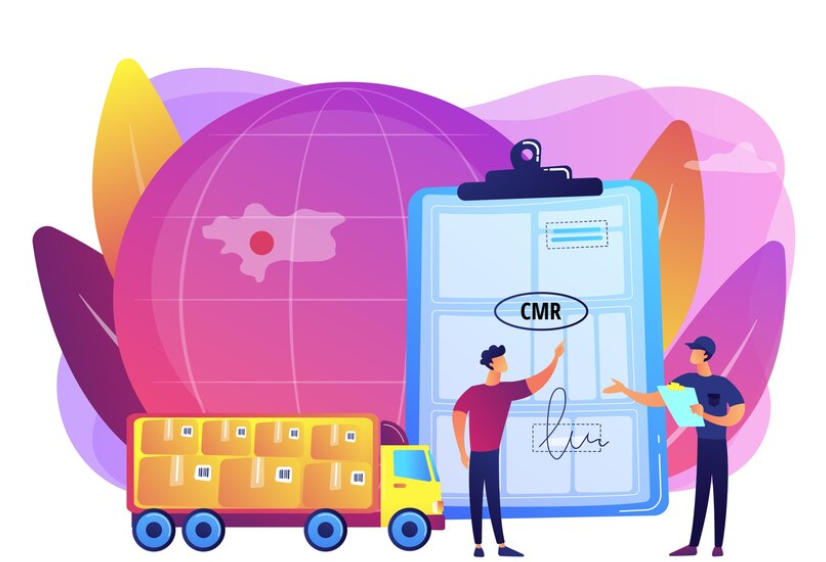The Ultimate Guide to Efficient Cargo Delivery

The global market cargo delivery plays a pivotal role in ensuring the smooth movement of goods across borders and continents. Understanding the intricacies of a well-coordinated cargo delivery process is vital to staying competitive. Welcome to the ultimate guide for efficient cargo delivery, where we unravel the secrets behind flawless logistics and timely transportation. Whether you’re a seasoned supply chain manager or new to the industry, this comprehensive guide will equip you with the knowledge and strategies to optimize your cargo delivery operations. How technology, planning, and best practices can enhance the effectiveness of cargo transportation.
Importance of Efficient Cargo Delivery
Efficient cargo delivery is the backbone of modern commerce. In an era where consumers expect fast, reliable service, delays in shipping can result in lost customers and damaged reputations. On the other hand, timely and secure deliveries can foster trust and loyalty, giving businesses a competitive edge.
Successful Cargo Delivery Process
A successful cargo delivery process involves the integration of several core components. They ensure that goods are transported promptly, safely, and cost-effectively. Efficient Warehousing Proper storage, inventory management, and preparation for dispatch are crucial to avoid bottlenecks in the delivery process. Utilizing the right mode of transport be it air, sea, or land based on the type and urgency of the shipment ensures efficient cargo movement. Ensuring proper documentation and adherence to customs regulations is essential to avoid delays at international borders. Proactive identification of risks, including weather, political instability, or operational disruptions, helps minimize unforeseen delays.
Role of Logistics in Cargo Delivery
Logistics is the foundation of efficient cargo delivery, encompassing the entire journey of goods from the point of origin to their final destination. The role of logistics is to ensure that every step of the transportation process, from packaging and warehousing to customs clearance. Last-mile delivery is executed efficiently and cost-effectively. Key logistics tasks include Route Optimization, Inventory Management, and Collaboration with Carriers. Efficient logistics ensures that cargo is delivered on time and in excellent condition, contributing to higher customer satisfaction and lower operational costs.
Planning and Organizing
One of the key elements of successful cargo delivery is proper planning and organization. Without detailed preparation, the chances of delays, missed deliveries, and other issues increase significantly. Steps in Planning Cargo Transportation Assessment of Shipment Requirements, Selection of Transportation Mode, Coordination with Service Providers, Timely Dispatch. Effective planning ensures that all aspects of the cargo delivery process are accounted for, minimizing risks and delays.
Utilizing Technology for Efficient Cargo
In the digital age, technology has become a key enabler of efficient cargo delivery. From real-time tracking systems to automated warehouses, the use of advanced technology provides businesses with greater visibility, control, and flexibility throughout the delivery process. Technological Tools for Cargo Delivery GPS Tracking Systems, Warehouse Automation, Blockchain for Secure Documentation, and Data Analytics. These tools provide businesses with the ability to make data-driven decisions, leading to faster, more reliable cargo delivery.
Ensuring Timely
Timeliness and reliability are the pillars of efficient cargo delivery. Meeting delivery deadlines is crucial to maintaining customer trust and optimizing supply chain efficiency. To ensure timely transportation, businesses must focus on several factors. Using software that helps determine the fastest and most cost-effective routes can significantly reduce transit times. Working with reputable carriers who have a track record of reliability can minimize the risk of delays and mishandling.
Best Practices for Efficient Cargo Delivery
To achieve the highest levels of efficiency, businesses should adopt the following best practices in their cargo delivery process. Full transparency from warehousing to final delivery is essential for managing expectations and preventing delays. Establish strong relationships with key partners, including freight forwarders, carriers, and customs agents. Incorporate eco-friendly practices such as optimizing routes to reduce carbon emissions and using energy-efficient packaging.
Conclusion
Efficient cargo delivery is an essential component of modern supply chains. By understanding the key elements of the delivery process logistics, planning, technology, and best practices businesses can streamline operations. Overcome challenges, and ensure that goods are delivered on time and in perfect condition. Adopting a proactive approach to cargo delivery and continuously refining processes boost operational efficiency.






